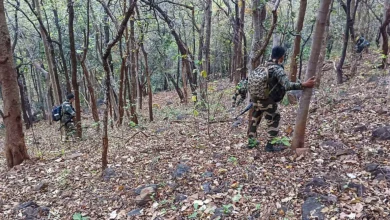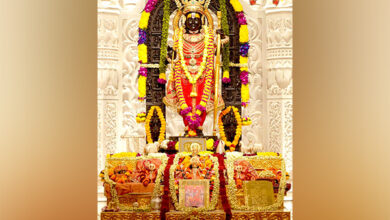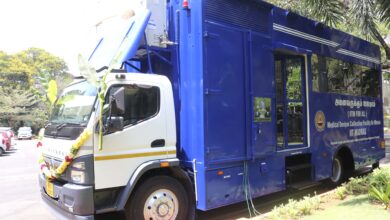Biomass responsible for Delhi’s poor air quality post Diwali, not firecrackers: IIT Delhi study
Diwali coincides with crop harvesting season when stubble burning takes place in Delhi’s surrounding areas.

It has been a constant affair for the past few years when soon after Diwali, the capital’s air quality deteriorates severely. It is also a well-known fact that the festival season coincides with the crop harvesting season when a lot of stubble burning takes place causing biomass related emissions to surge. However, what remains unclear is the role of firecrackers and the biomass in making the air poor.
In order to find the more relevant cause the Indian Institute of Technology (IIT) Delhi carried out a study titled, ‘Chemical speciation and source apportionment of ambient PM2.5 in New Delhi before, during, and after the Diwali fireworks.’ The study was conducted by a combined effort of IIT Delhi, IIT Kanpur and PRL Ahmedabad and was funded by IIT Delhi and Ministry of Education.
The research found that the metal content in PM2.5 levels rose by a massive 1,100% during Diwali out of which fireworks alone accounted for 95% of the metal but as per lead investigator Chirag Manchanda, the impact of fireworks dropped to negligible in just 12 hours, what is to be noted here are the effects of Biomass burning.
Biomass burning and its repercussions rise in the days post Diwali, with average levels almost rising by order of 2 compared to the pre-Diwali concentration. Also, the source apportionment results pertaining to the organic PM2.5 indicate a rise in primary as well as secondary organic pollutants after Diwali, advocating the role of biomass in the increase of primary organic emissions and thus their aged products following the festival.
Vikram Singh, Professor at IIT Delhi and one of the investigators of the research said, “Both stubble burning and increased heating requirements of the region in winters drive the biomass burning activity.” The conclusion drawn was that biomass had a major role in driving the air quality of Delhi poor and not the firecrackers post Diwali.
Another investigator and a professor at IIT Delhi, Mayank Kumar said, “The result of this study provides crucial insights into a topic of long-standing debate and concern between air quality experts and policymakers committed to alleviating the extreme air pollution events in the capital of Delhi following Diwali.”



